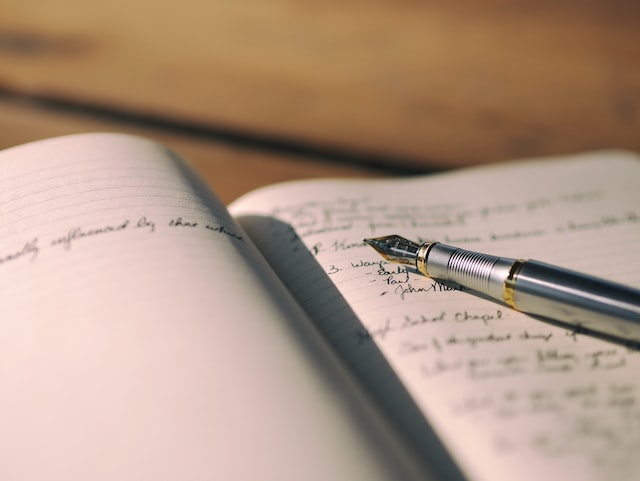The Best Example of Historical Essay For Your Inspiration

An essay is formal writing that is used to evaluate and assess a student’s knowledge about a certain topic or issue. For them to create a compelling one, thorough research on detailed information from published resources is required. Usually, essays are composed of an introduction, a body that can be composed of three to five paragraphs, and a conclusion.
One of the most commonly required for students is a historical essay. Though it discusses the history, it is important to express your idea that can be easily understood by your audience. It needs to have accurate information and good interpretations.
What is a Historical Essay?
Historical essays are created with narrations about historical events from the past. Its purpose is to communicate conclusions that can convince the audience of your point of view. Usually, a historical essay is argumentative and persuasive.
Historical argument essay examples are social, cultural, political, or economic history. This is completed by answering why such events occurred, what impacts these events had on the current situation, and why they happened.
Usually, university professors require students to create a historical essay to test their cognitive skills and evaluate how they can understand a certain topic.
Historical Argument Essay Example
Some students write essays related to the world war. You may discuss the life of the people during this situation, what were they facing, or how they were treated. Anne Frank can also be a good topic. You may discuss her sociological influences or what people can learn about her experiences before and after imprisonment.
Another good example of a historical essay from CollegeWriter is about a country’s economy – its development, its effect on people, and its influences.
How to Start a Historical Essay
Understanding The Essay Question
Before you can create one, you must study the essay question and have an in-depth thought of it. These essay questions can be challenging because they may ask you to discuss cause and effects, your thoughts on a particular event, or evaluate the significance of an event. To do this, you need to understand its components and try to look for different interpretations from different angles.
To do this, you can try breaking down the topic so you know whether you need to describe, analyze, discuss, compare, or explain an event.
Create a Writing Plan
As soon as you understand what you are expected to do, create a plan by noting down your ideas. Know which topics are related to the event and which sources can be useful for your topic. Remember that the thoughts and ideas you have noted down before might change depending on your research.
Start Your Research
Once the writing plan is done, you can start researching to gather the needed information and evidence. If you are provided with resources, you need to understand its overview before you jump on your secondary resources. Having secondary resources will give you a better understanding of the topic and you will have a basis for more questions that may help you create your argument about the topic.
Make sure that your secondary resources are related to the writing plan that you created and the essay question that you have been provided.
Develop Your Main Idea
Good historical essays are guided by a main idea or argument. It can be your essay’s focal point which is usually a single sentence containing the summary of your essay. By using the main idea, you can address the essay question completely. However, your main idea should be convincing and strong. It should contain a statement that you are well-informed and confident.
Creating The Body of Your Essay
The introduction is the most important part of your essay. This is where you address the essay question and express your developed main idea. Your audience can identify if your essay is interesting through your introduction. It will also determine the direction of your essay.
The paragraphs next to your introduction should be short and contain information that is easy to digest. Ideally, a historical essay contains two to three sentences that have the details you want to discuss. These paragraphs should explain the significance of your topic and your analysis of it.
You may include examples that are connected to your topic and should include evidence that support them. This evidence can be a historian’s quote, statistics, or a related thesis.
Writing a Conclusion
A conclusion is the final part of your essay that acts as its summary. The sentences that complete your conclusion should prove your argument. It should contain a reiteration of your main idea and a statement to close your essay.
Final Words
A good essay can be polished by doing revisions and accepting comments from academic professionals. Keep the sentences relevant to the main idea to make your argument convincing.